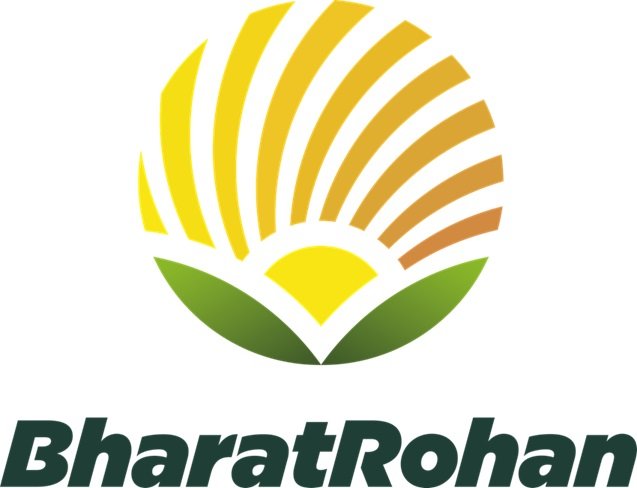CEF Group & Ghaziabad Development Authority jointly to establish City Forest in Ghaziabad
The technology used for this pioneering approach will reduce the typical forest development timeline from five to two years, showcasing a commitment to impactful environmental change.
Leading clean energy provider CEF Group is making strides in redefining urban green spaces with the launch of a groundbreaking project – the City Forest in Ghaziabad — under its initiative called Urban Farmer. This transformative endeavour, in collaboration with the Ghaziabad Development Authority and supported by IOCL, signifies a monumental step towards environmental sustainability in urban settings. The City Forest project aims to establish a lush 2-acre green space within two years, utilising the innovative Miyawaki technology.
The technology used for this pioneering approach will reduce the typical forest development timeline from five to two years, showcasing a commitment to impactful environmental change. Key highlights of the project include the strategic land allocation of a 2-acre parcel by the Ghaziabad Development Authority, ensuring optimal impact and accessibility for the community. Besides, generous support from IOCL exemplifies a shared vision for a greener, more sustainable urban environment.
Maninder Singh, Founder & CEO of CEF Group, expressed his enthusiasm for the project, stating, “The City Forest project embodies our collective commitment to sustainable practices and environmental well-being. Through Urban Farmer, we’re not just creating gardens; we’re building boutique forests that enrich urban landscapes and foster a deeper connection with nature.”
Urban Farmer’s commitment to biodiversity is underscored by the plantation of 25,000 saplings using the Miyawaki technique, fostering a resilient ecosystem with a diverse range of native species. In addition, a dedicated two-year maintenance plan ensures the sustained health and vitality of the City Forest, further solidifying Urban Farmer’s commitment to long-term environmental stewardship.
The City Forest is poised to significantly improve air quality, acting as a natural filter and reducing pollutants. It also helps to regulate temperatures, reducing the urban heat island effect in polluted areas. Moreover, it serves as a communal space for residents, promoting outdoor activities and enhancing overall quality of life.
Under Maninder Singh’s leadership, Urban Farmer brings a wealth of experience and passion for creating green spaces that transcend traditional boundaries. The City Forest project by Urban Farmer stands as a beacon of sustainable urban development, showcasing the transformative power of environmental consciousness and innovative technology.
The technology used for this pioneering approach













